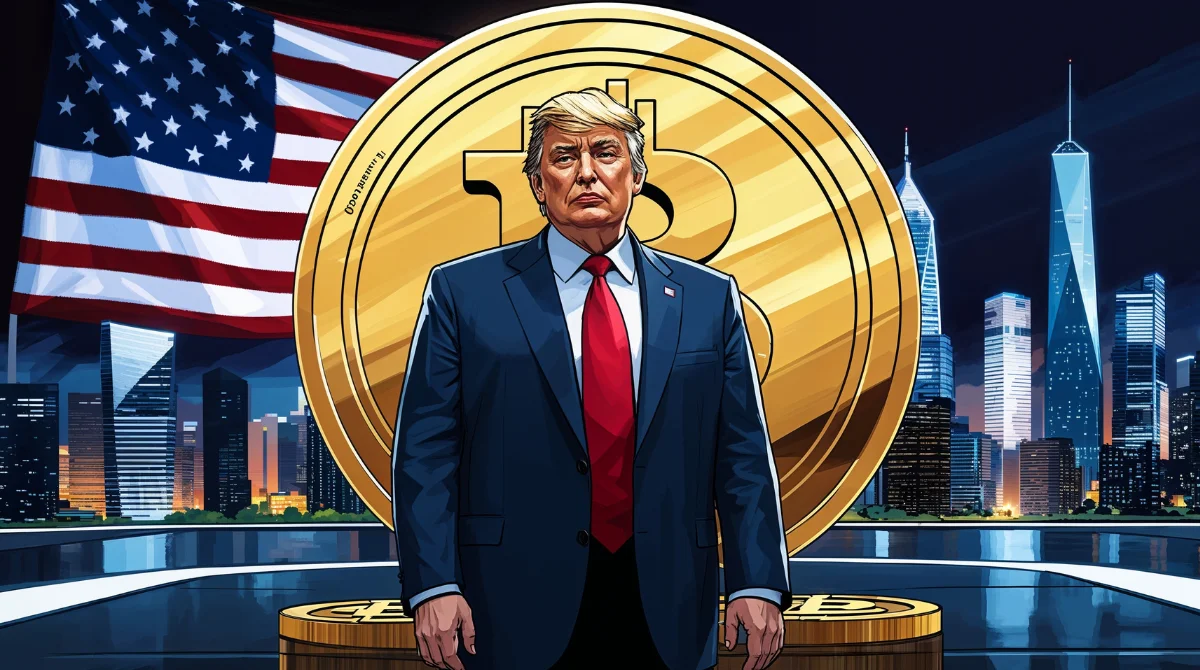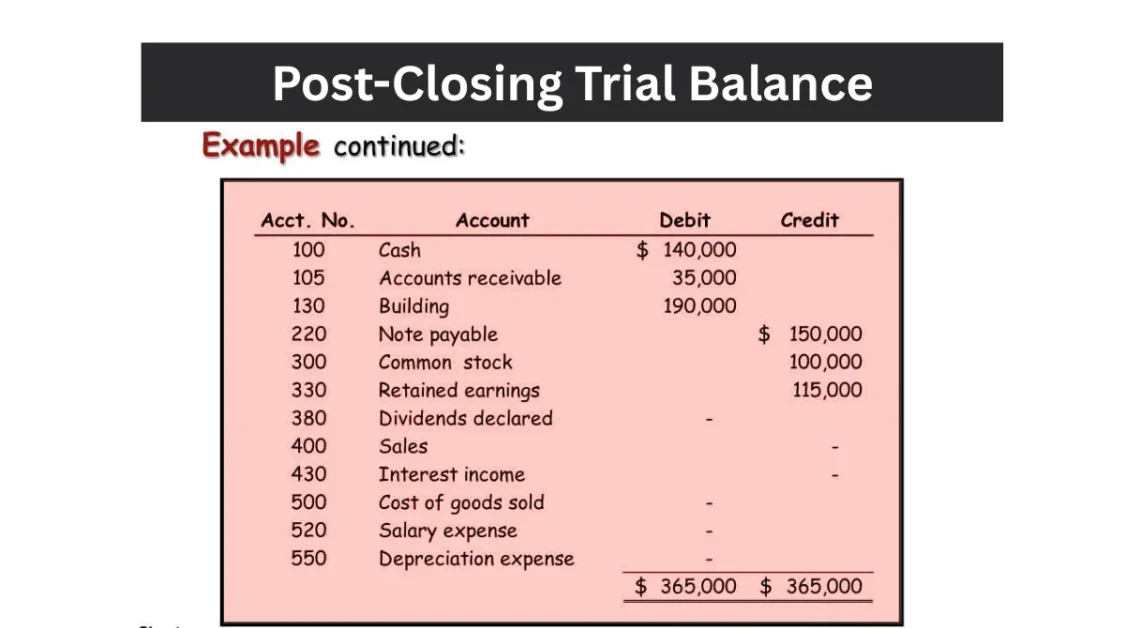In recent years, the relationship between former U.S. Bitcoin and President Donald Trump have changed dramatically. Trump, who was initially dubious, has emerged as a leading proponent of cryptocurrencies and has put laws into place that have significantly changed the landscape of digital assets. This piece explores Trump’s relationship with Bitcoin, looking at his changes to policy, the creation of a strategic Bitcoin reserve, and the wider ramifications for the cryptocurrency market.
From Skepticism to Advocacy
Donald Trump officially denounced Bitcoin in June 2021, calling it a “scam” and voicing worries about how it would compete with the US dollar. But by 2025, his position had changed significantly. Recognizing that Bitcoin may support the American economy, Trump started to embrace it and insist that it be “made in the USA.”
Establishing the Strategic Bitcoin Reserve
Trump signed an executive order in March 2025 to establish a Strategic Bitcoin Reserve, which would concentrate Bitcoin holdings that had been seized by federal agencies. In addition to preventing premature sales that had previously cost taxpayers billions, this action sought to establish the United States as a leader in digital assets.
Policy Initiatives and Regulatory Changes
The administration of Donald Trump made a number of audacious moves to advance American interests in the international cryptocurrency market. Both safeguarding the established financial system and fostering greater U.S. support for cryptocurrency innovation were the goals of these regulations. What was introduced was as follows:
1. Executive Order 14178: Ban on CBDC and Push for Regulation
President Trump signed Executive Order 14178 in January 2025. This order had two major goals:
- Prevent the establishment of a Central Bank Digital Currency (CBDC): Trump was adamantly against the notion of a digital dollar under governmental control. He considered financial privacy to be at risk since he thought a CBDC may be used to monitor or regulate how people spend their money.
- Create a regulatory framework for digital assets: The directive promoted a systematic, lawful approach to managing cryptocurrency rather than outright prohibiting or ignoring it. It requested that government organizations collaborate to develop uniform and transparent regulations for the usage, trading, and taxation of cryptocurrencies in the United States.
This was a significant change from previous years when U.S. officials tended to view cryptocurrency with mistrust.
2. Crypto Advisory Council
Trump suggested assembling a committee of professionals from the government and the cryptocurrency sector to form a Crypto Advisory Council. They would be primarily responsible for assisting the U.S. government in making informed judgments on digital assets.
Among the topics the council would concentrate on were:
- Stablecoins: These are virtual currencies that are linked to conventional money, such as the US dollar. The council would assist in determining their use, regulation, and support.
- Decentralized Finance (DeFi): DeFi comprises financial instruments based on cryptocurrency, such as lending platforms and exchanges, which are independent of conventional banks. In order to ensure that DeFi is safe and equitable for users, the council sought to understand how it operates.
The council’s goal was to ensure that actual industry professionals, not just government representatives, were involved in the creation of crypto regulations.
3. Tax Incentives for Crypto Businesses
Trump’s administration unveiled plans to provide tax incentives to businesses operating in the cryptocurrency industry in an effort to boost the expansion of crypto firms and draw in foreign investment.
This included:
- Reduced tax rates for blockchain development and cryptocurrency mining businesses.
- Deductions for fintech and cryptocurrency R&D (research and development) expenses.
- Rewards for moving cryptocurrency activities to the United States, particularly in areas with weaker economies.
Similar to how Silicon Valley became the center of the tech industry, the aim was to establish the United States as a leading location for crypto innovation.
Why These Moves Matter
The U.S. government’s perspective on cryptocurrency under Trump underwent a significant shift, which was reflected in these regulatory developments. His administration started to view digital assets as a chance for financial independence, creativity, and economic prosperity rather than as a danger.
Trump indicated a pro-freedom, pro-business, and anti-central control stance on digital currency by outlawing a CBDC, creating a crypto council, and offering tax breaks.
Both voters and cryptocurrency investors strongly supported this attitude, which strengthened Trump’s standing as a leader who is supportive of the industry.
Personal Ventures in Cryptocurrency
Donald Trump became directly active in the cryptocurrency realm in addition to influencing national crypto policy. This generated headlines in the business and political worlds because it was out of the ordinary for a sitting or previous president. His family’s cryptocurrency endeavors and his direct involvement in the market generated controversy and discussion over morality, corporate sway, and political authority.
1. Launch of the $TRUMP Coin
Trump’s introduction of his own digital currency, the $TRUMP Coin, was one of his most significant actions in the cryptocurrency industry.
- What is $TRUMP Coin?: This kind of cryptocurrency is known as a meme coin, and unlike Bitcoin or Ethereum, it is typically made for amusement, community support, or political messaging. The Solana blockchain, which is renowned for its quick and inexpensive transactions, served as the foundation for the coin.
- When did it launch?: Early in 2025, just before Trump formally returned to the president, the $TRUMP coin was unveiled. It was marketed as the “only official Trump meme,” making a clear connection to his persona and company.
- How did it perform?: Unexpectedly, its popularity skyrocketed, and in a single day, its market value surpassed $27 billion. Trump supporters, cryptocurrency traders, and meme investors were among the many who hurried to purchase it. As a result, it was among the largest meme currency launches ever.
- Was it just for fun or something more?: Initially appearing as a meme, the coin evolved into an effective marketing and fundraising tool. It increased Trump’s clout in the cryptocurrency space, and others conjectured that it was also a means of raising money for political causes.
2. Family Involvement in Crypto Ventures
In addition to Donald Trump’s foray into the cryptocurrency space, his family members also launched their own online businesses that aroused interest from the general public and legal profession.
Trump’s Sons
- Two of Trump’s sons, Donald Trump Jr. and Eric Trump, established World Liberty Financial.
- This company first introduced its own cryptocurrency tokens, like $WLFI, before revealing a US dollar-based stablecoin (USD1).
- These acts, which were taken right after Trump returned to the White House, sparked concerns about whether they were an attempt to capitalize on their family’s political influence.
Melania Trump
- Former First Lady Melania Trump also entered the cryptocurrency space.
- NFTs (non-fungible tokens), exclusive digital collectibles with themes and artwork related to her life and her tenure in the White House, were distributed by her.
- Despite being marketed as artistic or cultural endeavors, these NFT releases garnered a lot of attention and served as a means of leveraging the Trump name.
Ethical Concerns and Public Reactions
Trump’s widespread involvement with cryptocurrencies during his time as a government leader prompted serious ethical questions:
- Conflict of Interest: As president, Trump may have an impact on crypto regulations. If he had financial stakes in cryptocurrency initiatives (like $TRUMP Coin or family businesses), he may benefit financially from decisions made in the White House.
- Lack of Transparency: Detractors claim that Trump and his family did not reveal the full scope of their wealth or the possible influence of their business endeavors on national Bitcoin policy.
- Public Trust: Although some thought that Trump’s personal and professional lives damaged the integrity of political leadership, others saw it as a bold and astute use of his name.
Market Impact and Reactions
In addition to the political arena, Donald Trump’s support of cryptocurrencies had a big effect on the financial markets, especially on Bitcoin and stocks associated with the cryptocurrency field. His return to the presidency and his clear pro-crypto policies created a lot of enthusiasm and activity in the financial sector.
1. Bitcoin’s Big Surge
- Bitcoin’s price surged following Trump’s announcements following his victory in the 2024 election, including his plans to foster crypto innovation and outlaw a government digital currency.
- Bitcoin reached the $100,000 milestone, a significant milestone that many investors had been anticipating, for the first time in months.
- The significant increase in Bitcoin’s value was attributed to investors’ perception that Trump’s administration will benefit the cryptocurrency sector.
2. Boost in Investor Confidence
- Investors felt quite optimistic about Trump’s intentions to lower taxes on cryptocurrencies, loosen regulations, and give them more latitude.
- Consequently, not only did Bitcoin increase, but other market segments also saw growth:
- The share prices of stocks associated with cryptocurrency, such as mining firms, blockchain platforms, and cryptocurrency exchanges, rose.
- Hedge funders and venture capitalists once again began investing heavily in cryptocurrency firms.
- After a protracted period of uncertainty due to tougher government regulations in prior years, there was a sort of “crypto comeback” during this time.
Controversies and Ethical Concerns
Trump’s endorsement was hailed by many in the crypto world, while watchdogs and critics brought up serious moral and legal issues. They asked whether he was more interested in making money than serving the public interest when he got involved with crypto.
1. Conflict of Interest
- Trump’s own cryptocurrency holdings, including the introduction of the $TRUMP Coin and the establishment of national crypto regulations, were among the main causes for concern.
- This combination of governmental authority and private enterprise, according to critics, may result in judgments that favor Trump monetarily rather than the nation.
- For instance, $TRUMP Coin, which is closely associated with Trump’s brand, may appreciate in value if a law made it simpler to exchange meme currencies.
This prompted others to draw a comparison between the scenario and a CEO drafting legislation to benefit his own business, which is typically regarded as unethical or even illegal in many industries.
2. Regulatory Pushback
- Not all government officials agreed with Trump’s pro-crypto views. Several legislators and authorities resisted, claiming that:
- Laxer regulations may allow for fraud, frauds, or unlawful activity.
- Regular investors’ safeguards may be weakened if oversight from organizations like the Securities and Exchange Commission (SEC) is removed.
- These opponents cautioned that in the absence of strict rules, the cryptocurrency market would revert to the “Wild West,” where common people could face financial danger, risk, and manipulation.
For instance, some lawmakers asked for legislation to restrict the amount of impact a sitting president can have in markets in which they have personal investments, while others sought greater openness over Trump’s family’s cryptocurrency endeavors.
Future Outlook
The adoption of Bitcoin by Trump represents a dramatic change in U.S. policy regarding digital assets. His efforts have helped the United States become a leader in the crypto movement, but they also highlight the need for balanced regulation to handle both financial and ethical issues. Stakeholders throughout the world will be intently monitoring the long-term effects of Trump’s crypto policies as the situation continues to change.
Conclusion
The future of digital assets in the US has been greatly influenced by Donald Trump’s shift from a crypto skeptic to a Bitcoin believer. His audacious moves, such as outlawing a digital currency backed by the government, creating a national Bitcoin reserve, and providing tax incentives for cryptocurrency companies, have completely changed the way that political influence may impact financial innovation.
These actions have elevated the United States to a prominent position in the global crypto discourse, but they have also sparked moral questions about combining private investments with governmental politics. As the world keenly monitors, Trump’s impact in the cryptocurrency field will rely on whether trust, openness, and regulation can keep up with innovation, in addition to market growth.
For better or worse, the Trump-Bitcoin relationship will probably continue to be a case study of the intersection of technology, politics, and finance in the years to come.



